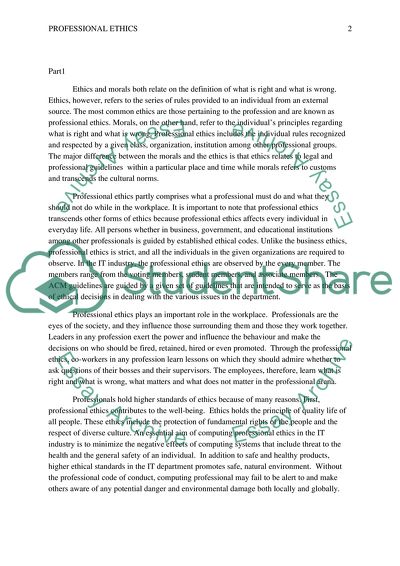Cite this document
(Professional Ethics and Morals Essay Example | Topics and Well Written Essays - 1500 words - 1, n.d.)
Professional Ethics and Morals Essay Example | Topics and Well Written Essays - 1500 words - 1. https://studentshare.org/ethics/1841687-professional-ethics
Professional Ethics and Morals Essay Example | Topics and Well Written Essays - 1500 words - 1. https://studentshare.org/ethics/1841687-professional-ethics
(Professional Ethics and Morals Essay Example | Topics and Well Written Essays - 1500 Words - 1)
Professional Ethics and Morals Essay Example | Topics and Well Written Essays - 1500 Words - 1. https://studentshare.org/ethics/1841687-professional-ethics.
Professional Ethics and Morals Essay Example | Topics and Well Written Essays - 1500 Words - 1. https://studentshare.org/ethics/1841687-professional-ethics.
“Professional Ethics and Morals Essay Example | Topics and Well Written Essays - 1500 Words - 1”. https://studentshare.org/ethics/1841687-professional-ethics.


